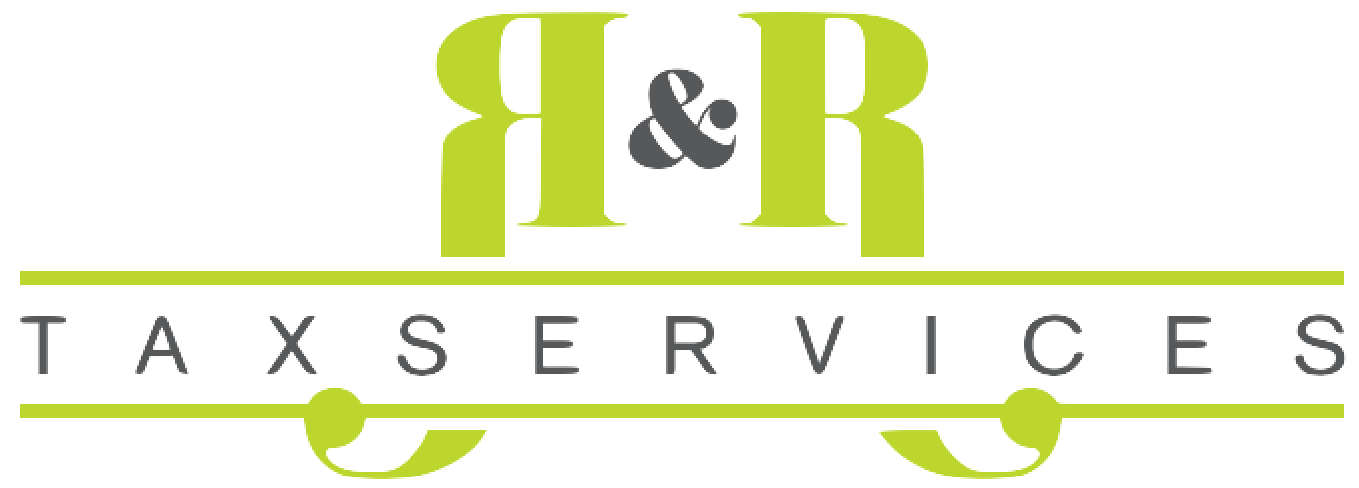If you’re looking to make your business legit to start writing things off, there are a few steps you have to take before you start making those big purchases, and starting up a business, no matter how big or small, is a simple process. Luckily, R&R Tax Services can help you figure out what is involved so that you don’t struggle with next year’s taxes. Anyone can make their business official, to have you understand the full process, we’ll start with step one.
Choose A Name That Sounds Successful And Claim It
Probably the most important and challenging part of starting a business is picking a name that represents your services. You don’t want to choose a name that confuses your customers and has no relation to what you offer. Be picky and be precise on what you want to do when doing this.
Register Your Business
After you’ve decided, you just need to register your name and make sure that an existing business has not already claimed it. There are four ways to register your business name, all of which have their purpose.
- Entity Name: This will legally protect your business at a state level.
- Trademark: This will legally protect your business on a federal level
- Doing Business As (DBA): This doesn’t offer legal protection. However, it may be required depending on your business structure and location
- Domain Name: This claims the website address for your business
You’ll also have to choose what type of business structure you have. Each structure has its advantages and disadvantages depending on what type of business have.
- Sole Proprietorship/DBA (DBA when there’s multiple founders/partners): The simplest type of business to register and operate. Although this means there is no separation between you and your business. Making you personally responsible for anything that happens in your business.
- Limited Liability Company (LLC): This is the most common type of structure among small businesses. It puts a safety net between the owner and the business. It also doesn’t require a lot of the cumbersome formalities and paperwork to become a corporation. Many LLCs are taxed in a pass-through way in which the profits are passed through and reported on the business owner’s personal tax return.
- Corporation: The corporation route is the most optimal choice for large companies that need a strong stock structure, plan to go public or want to keep profits for the company. The heavy formalities and paperwork that go into a corporation might be a bit much for smaller businesses.
Get a TIN
A Tax Identification Number (TIN) is simply something that allows the IRS to track your transactions as a company. It’s also known as a Federal Employer Identification Number (FIN). It’s just like a social security number, but for your business. You’ll need this to open a business bank account, and you won’t have to give out your personal social security number for clients or vendors.
Claiming Legitimate Deductions
This is probably the most important aspect of owning your business. When you legally write off expenses for your company to operate, you might owe significantly less in your yearly taxes. So, what can you think about writing off?
- Vehicle Expenses: Most businesses use some sort of vehicle for transportation. If you have records to prove that you’ve been using it for business purposes, you can subtract the operation cost. You want to keep a record of your mileage and expenses, or if you rely on the IRS set standard mileage rate, you need just to keep the miles and the purpose.
- Money Spent On Staff: Paying out employees (wages, bonuses, commissions, etc.) are also deductible. Although payments made to sole proprietors, partnerships, and LLCs are not considered wages.
- Contract Labor: If you hire freelancers or an independent contractor for services, the cost is also deductible. You’ll need certain forms such as Form 1099-MISC for every contractor that you pay over $600 to per year. If you pay them via credit card or PayPal, it will fall on the processor to issue a Form 1099-K.
- Supplies Make Your Business Run: The amount of smaller items you need for your business, which does include postage, are fully deductible.
- Property From Home To Location: There are times that you can write off the full cost of a business property, which includes the Section 179 deduction. Another way is through deprecation. This is calculated by approval of the IRS for allocation X amount of the cost each year over a period of time. This can also allow you to deduct the cost of rented space and utilities.
Starting A Business? R&R Tax Services Are Here
Taxes can be a mess of paperwork and explanation. Luckily, R&R Tax Services can help you further understand the process and make every year feel easier and more manageable. If you have any questions or concerns, contact us today by giving us a call or swing by our office.

